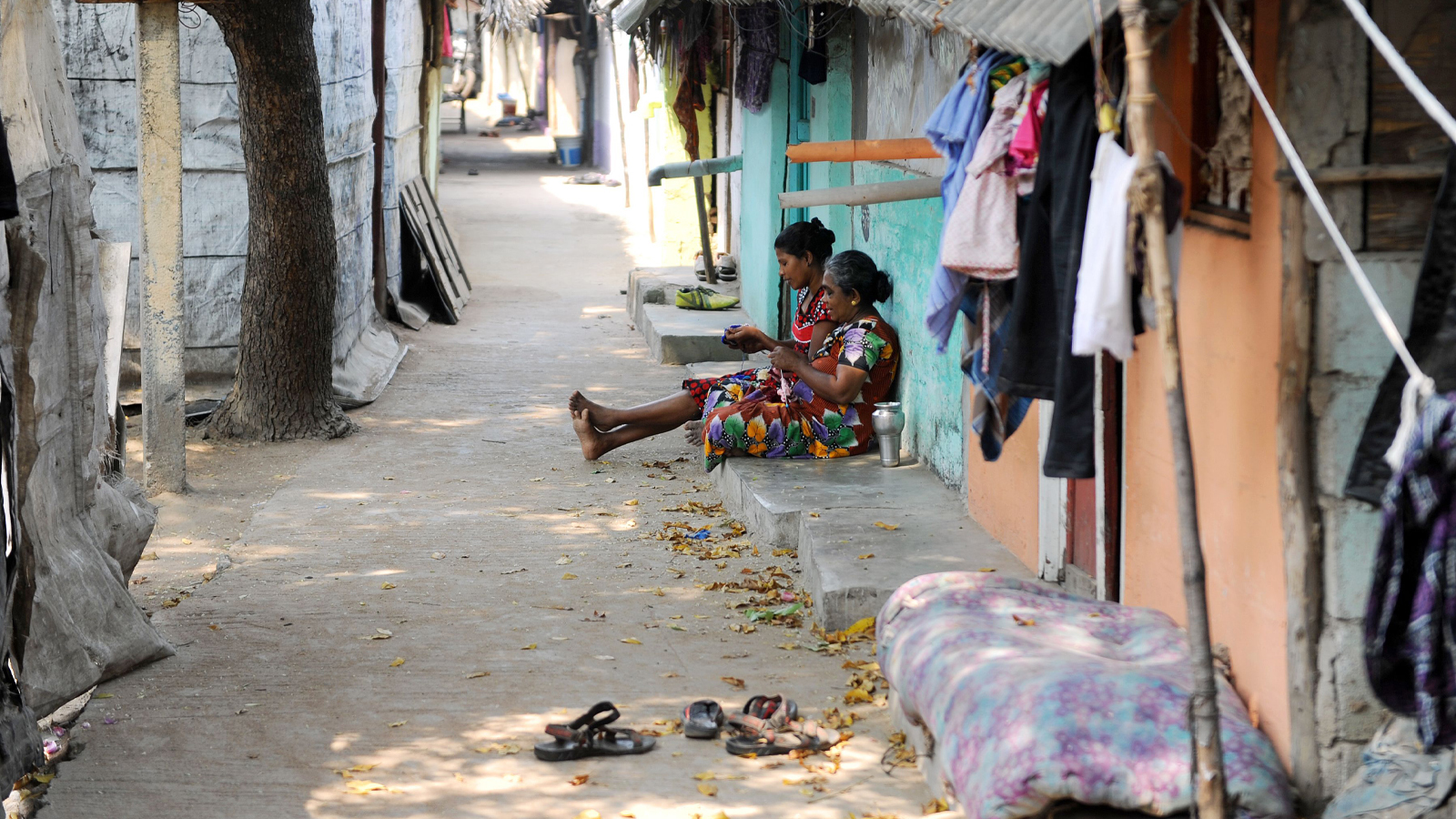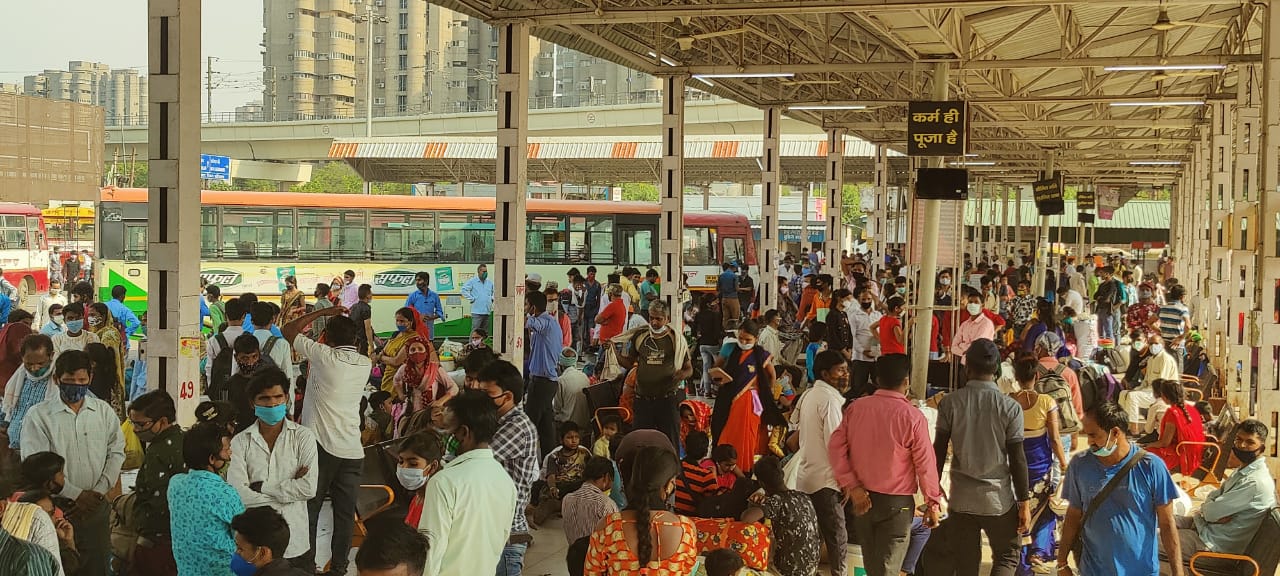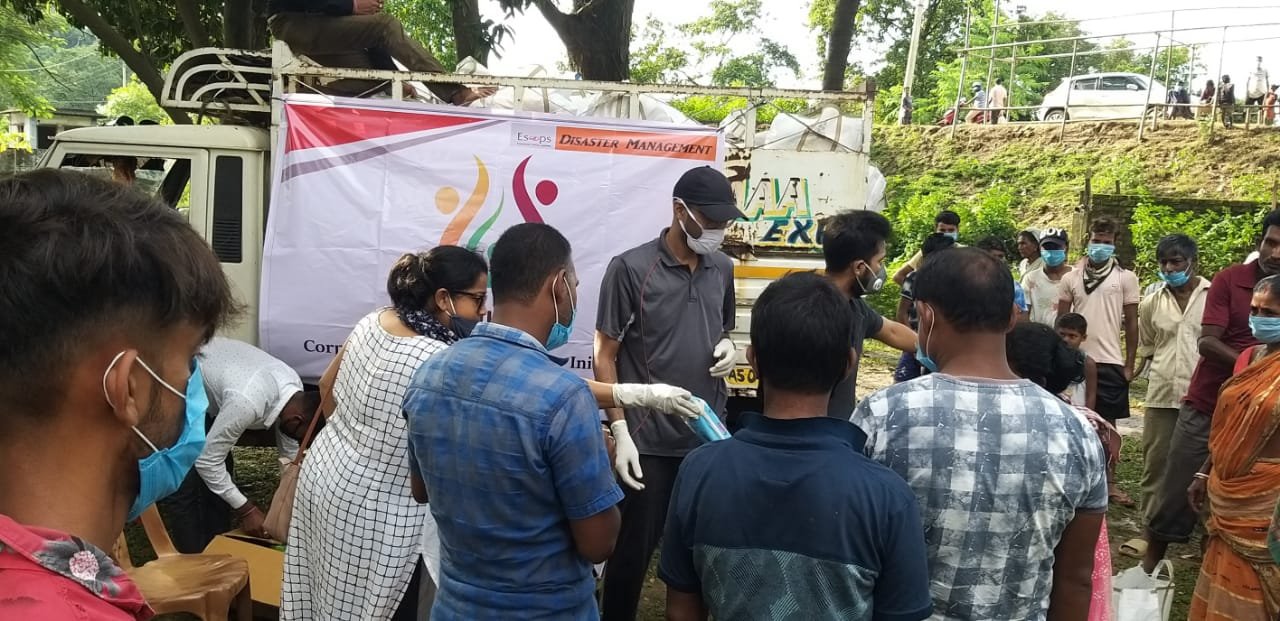State Consultation on Tiger Widows, Forest Rights Act, Reproductive Health Rights, and Human Trafficking
Sundarban is the largest tidal mangrove forest located in the south-east of India adjoining the Bay of Bengal with ...read more
Madras High Court directed the State to file a status report for providing free dry ration and vaccination for the 13,553 Non Camp Sri Lankan Tamil Refugee Families.
Dr. Ramu Manivannan Vs. The Chief Secretary, Government of Tamil Nadu & Anr WP No. 15451 of 2021
pending
Madras High Court Issued Notice to Tamil Nadu Government on re-opening of the Speciality Transgender clinic at Rajiv Gandhi Government General Hospital, Chennai.
Sivakumar TD Vs. State of Tamil Nadu & Ors WP No. 16248 of 2021
Pending
Regarding 33 Terminally ill patients released due to the overcrowding in the prison during Covid-19
WPA 7252 of 2018 With WPA 4510 of 1997 With WPA 5440 of 2020 IA No. CAN/1/2020 (Old No. CAN 3147 of 2020) With WPA 8573 of 2018
Pending ( Only 33 terminally ill patients have been released)
Vaccine shortage, Priority vaccines, Phase III, Action Plan
Jisha Sarkar vs. The State of West Bengal & Ors W.P.A. (P) No. 154 of 2021
Shortage of Oxygen and essential drugs
Joveria Sabbah vs. The State of West Bengal & Ors. W.P.A. (P) No. 134 of 2021
Pending
Migrant Workers’ Registration, Food etc.
Garden Reach Contract Security & Labours Union and Anr vs. The State of West Bengal & Ors W.P.A. (P) No. 158 of 2021
Pending
Paediatric Heath Facilities
Soumitra Karmakar Chakraborty vs. The State of West Bengal & Ors W.P.A. (P) No. 164 of 2021
Pending
COVID-19 VACCINATION FOR PEOPLE WITH SPECIAL NEEDS-WEST BENGAL
Covid Crisis Support Network & Ors vs. The Union of India & Ors W.P.A. (P) No. 159 of 2021
Pending
No Room For Justice: The Story of Khori's Demolition (Documentary)
Khori village in Faridabad, a colony of settlements in the Aravalli woodlands, seems to be in the path of a storm. Brick ...read more
No Room of My Own: Chronicling the aftermath of demolition at Khori Gaon
The team of lawyers and activists from Delhi visited Khori Gaon demolition site on 06.08.2021 and along with it they v ...read more
National Meeting on Human Rights and the Law '21
March of '21 witnessed a successful National Meeting on Human Rights and the Law at Konark, Odisha, organised by Socio-L ...read more
Following the lockdown after the second wave of Covid-19, migrant workers make survival demands.
Since the second wave of Covid-19 has hit Delhi in '21, daily wage and informal workers are once again left all on their ...read more
Fact Finding Report on the Tapovan-Rishiganga Disaster at Chamoli, Uttarakhand
On February 7, 2021, the residents of Raini village in Chamoli district of Uttarakhand witnessed a calamity of epic pr ...read more
Demand for Repeal of the three Farm Laws
DEMAND FOR REPEAL OF THE 3 FARM LAWS Parliament cannot legislate on agriculture;it is in the exclusive domain of th ...read more
Flood Relief in Hyderabad: Chanderghat and Kompally
Floods in 2019 and 2020 a history of Hyderabad Hyderabad is a city which had its requirement for water being assured thr ...read more
Flood Relief at Kolongpar Bazar
Every year as monsoon starts, rivers in Assam crosses dangerous levels and cause devastation including massive floods. F ...read more









